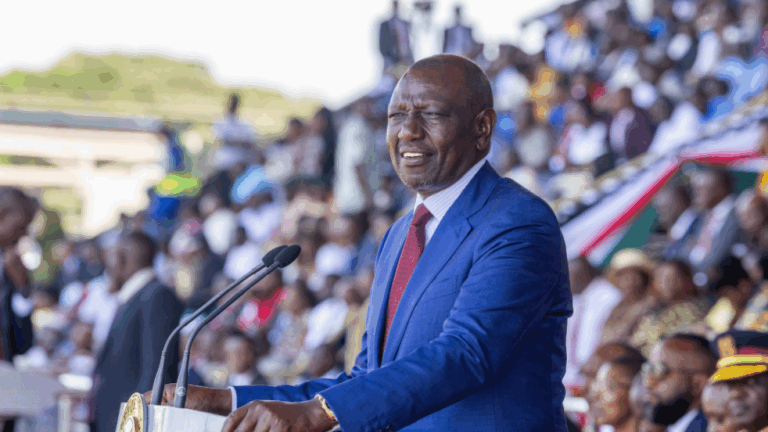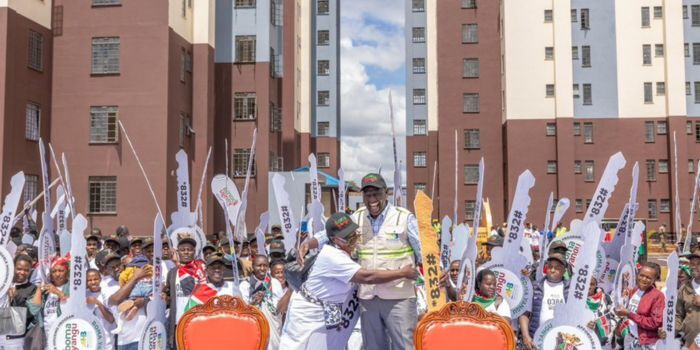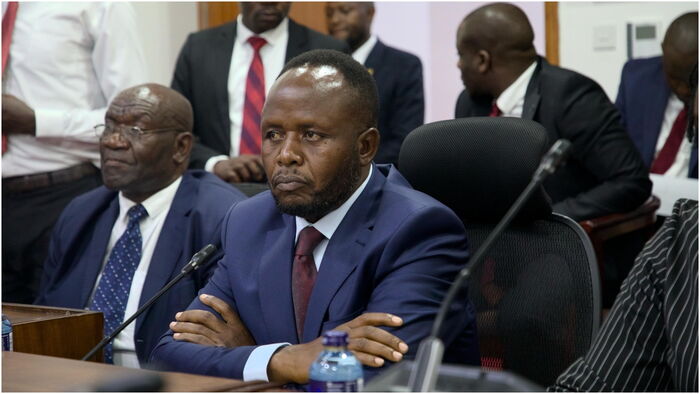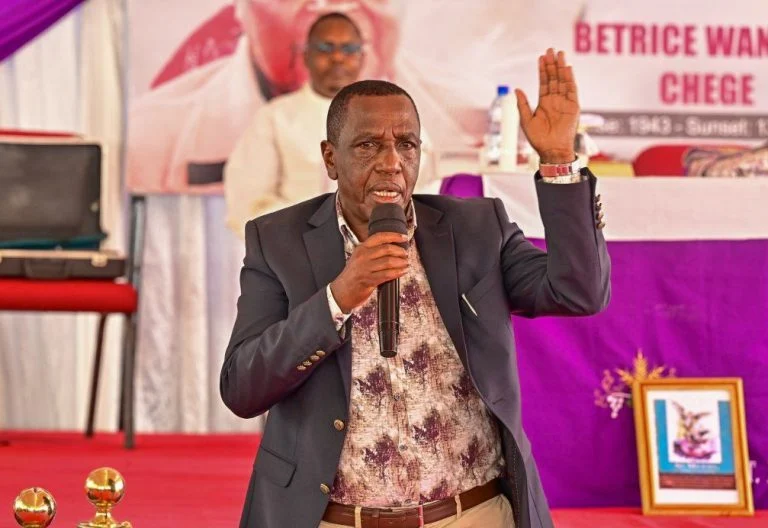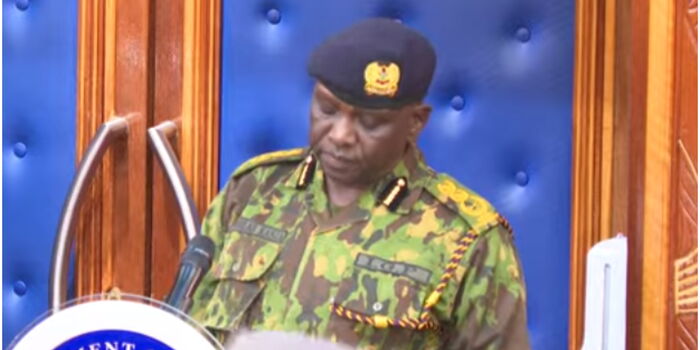
A national storm is brewing as the Inspector General of Police, Douglas Kanja, has made a stunning U-turn over the mysterious death of Kenyan blogger Albert Ojwang, issuing a public apology that has only intensified public outrage.
The explosive admission came during a Senate grilling on Wednesday, June 11, where Kanja backed away from his earlier claim that Ojwang had taken his own life inside the Central Police Station.
Just days ago, Kanja had insisted that Ojwang died by slamming his head against a cell wall — a claim met with widespread disbelief and fury. But now, in a dramatic twist, Kanja has recanted.
“On behalf of the National Police Service, I apologize for the earlier report on the cause of Ojwang’s death,” Kanja told the Senate, conceding that the Independent Policing Oversight Authority (IPOA) has debunked the suicide narrative.
Blogger’s Death Shrouded in Brutality
Ojwang, a vocal blogger from Homa Bay County, was arrested by DCI officers at his home on libel charges and transported to Nairobi. Hours later, on June 8, his lifeless body was discovered inside the Central Police Station.
Police initially pushed a chilling narrative that Ojwang had deliberately harmed himself while in custody. But a damning postmortem report by government pathologist Dr. Bernard Midia has blown holes in that story — and raised even more disturbing questions.
Midia confirmed the body bore multiple injuries consistent with a violent assault — including head trauma, neck compression, and wounds across various parts of the body.
“These are not self-inflicted. These injuries clearly point to an altercation — a struggle,” Midia declared.

Mounting Pressure, Rising Public Fury
The apology comes amid growing calls for justice from human rights groups and politicians alike, with Homa Bay Senator Moses Kajwang leading the charge during the Senate inquiry.
Kanja’s reversal, while welcomed, has done little to quell public fury. Activists argue it confirms what many suspected — that Ojwang was likely tortured to death while in police custody.
Local watchdog group Missing Voices has documented over 100 cases of police-linked deaths in 2024 alone — and the Ojwang case is now emerging as a tragic emblem of Kenya’s long-standing struggle with police brutality.
As the dust refuses to settle, the nation is left asking: Who killed Albert Ojwang — and will justice ever be served?
Stay with Wamuzi News for ongoing updates.


